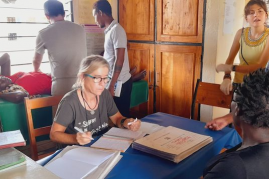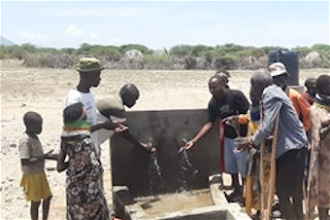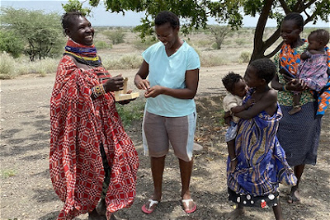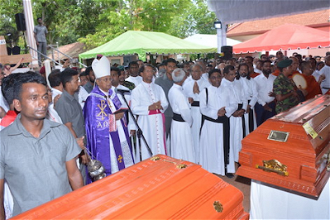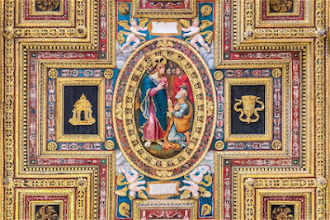Eyewitness: Searching for lost water on the Ethiopian high plateau
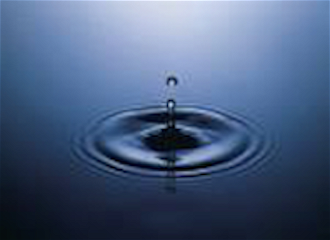
The Ethiopian high plateau, 2,700 metres above sea level, is the highest plain on the continent. It used to be called the "roof of Africa".
It belongs to the Oromo region and makes up the North Shoa area which has several demarcations called "Woreda". Only in the Wuchale Woreda where the Missionary Community of St Paul the Apostle (MCSPA) has been present since 2007, live 130,000 people. The capital of Woreda is Muketuri, a village of 17,000 inhabitants, the centre of activities of the MCSPA.
Climate in this region is extreme: three months of stormy and abundant rains and nine months of drought. Temperatures range from 27 degrees during the day to 4 degrees at night. The percentage of humidity in the rainy season is 70%.
The harshness of the climate is undoubtedly part of the character of the population, strong, coarse, survivors; but also kind when they know you and you stay. Incredulous with those who come and go and grateful with those who accompany them in the long term.
The MCSPA began helping in villages with hand-dug wells in 2011 when a group of peasants approached the San Jose Maternal and Child Center that the MCSPA launched in 2008, showing interest in vegetable gardens.
The surprise of seeing how in the dry season plants grow that can be eaten. The secret is only water.
All the water that falls in summer drains through the cliffs, causing great erosion, but it leaves water in the superficial water tables. With a simple system of excavating with pick and shovel one finds water between 8 and 18 meters. Enough so that by installing cement cylinders and a rope pump 5 families can have water for daily consumption and plant a small vegetable garden.
A big change is made in the families that have a garden: the girls no longer have to fetch cloudy, dark-coloured water from streams and they can go to school. The diet includes beets, courgettes, potatoes, carrots, cabbage, chard, onions… Some even start selling in local markets.
In the last seven years 104 wells have been dug. Five wells have also been drilled in places where a community garden with drip irrigation has been installed.
But many villages remain without water. Many malnourished children continue to come to the Centre, because the food is reduced to the cereal produced during the rainy season, which is insufficient in quantity and quality. Growth retardation is permanent and transmitted from generation to generation.
Access to water breaks the cycle, and opens the possibility of a better diet, which, together with the exposure of the population to new possibilities, education, health ultimately offers a hopeful vision for the future.
The MCSPA has launched a program of dinning rooms in four villages with the aim of being able to extend it to more villages, so that together with water, food and agricultural production the population can have access to a more dignified present and future.
But we must continue to look for water. Walk under the sun finding faces toasted by the sun, which smile when they recognize the white and pale complexions of the missionaries who come from Muketuri. The women hurry to prepare coffee, always accompanied by something to eat.
The last place we visited, a village located in a valley behind the cliffs, called Nono, a landscape precious and important.
Together, we're still looking for water.
The MCSPA is supported in the UK by New Ways, a charity run entirely by volunteers. If you would like to make a donation to one of their projects, please visit: http://mydonate.bt.com/events/keepingnurseriesopen/488487
Watch this video for an overview of the mission: www.youtube.com/watch?v=ENpZM-KEqEM



